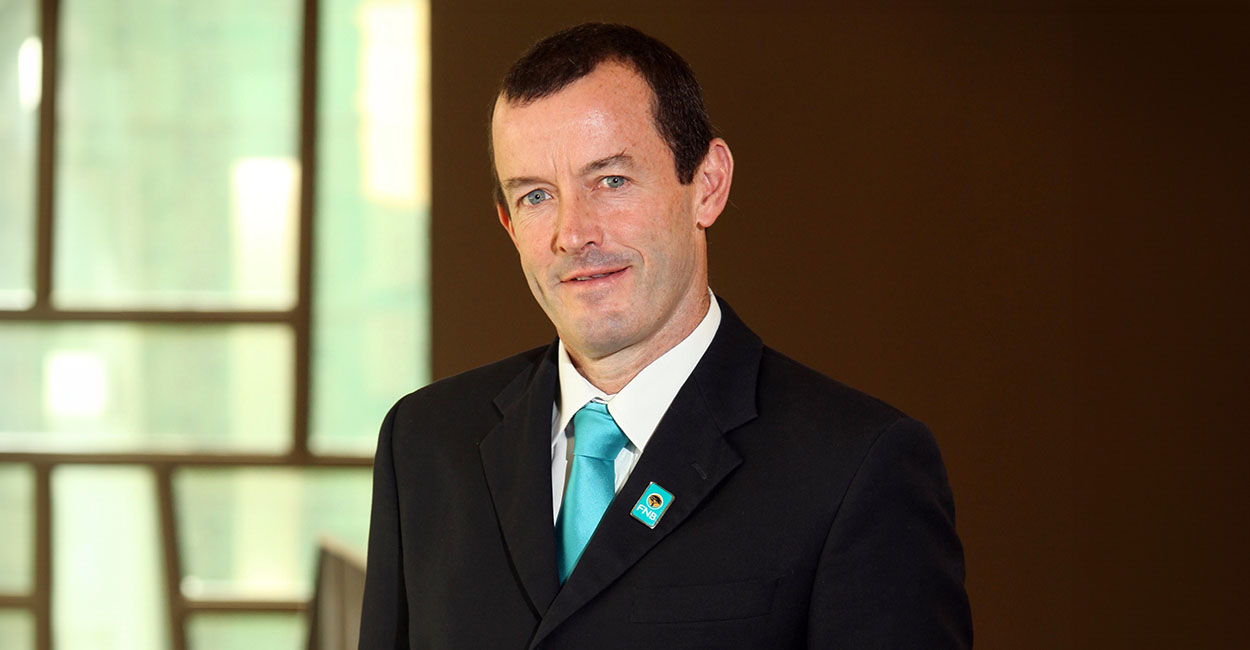MAIN IMAGE: Adrian Goslett, Regional Director and CEO of RE/MAX of Southern Africa; Samuel Seeff, Chairman of the Seeff Property group
Staff writer
Born between 1981-1996, the Millennial generation are now between the ages of 26-41, making them a prime segment of home buyers in South Africa.
“Although the basic principle of selling remains the same among all buyers, there are a few subtle shifts sellers and real estate agents will have to make when selling to buyers within this age group,” advises Adrian Goslett, Regional Director, and CEO of RE/MAX of Southern Africa.
The first thing sellers and real estate professionals need to consider is that, compared to previous generations, millennials are starting businesses earlier and are launching twice as many businesses as previous generations, largely owing to the technology available to them.
This generation tends to be better suited to entrepreneurship thanks to their digital comprehension and the spirit of “start-up culture” that surrounds them – why work for somebody else when you can be your own boss?
“The challenge when selling homes to young entrepreneurs often comes down to sourcing the necessary financial backing and acquiring bond approval for them. The process of a bond application looks a bit different for those who are self-employed, so I would encourage real estate professionals to do research to know how to support these kinds of buyers,” Goslett recommends.
Millennials have also grown up surrounded by technology, so they know how to use tech-savvy tools to find answers when they have questions. “Millennials have often done their own market research beforehand, and they also know how to fact check. This means that Millennials will know the value of other comparable homes in the area and are unlikely to make an offer if your home is overpriced,” Goslett warns.
In the meantime, Samuel Seeff, chairman of the Seeff Property Group, says first-time property buyers continue to dominate activity in the residential market despite recent interest rate hikes. Recent data from Seeff’s mortgage originator, ooba, shows that more than 50% of all home loan applications were from first-time homebuyers.
“We can also see the still high levels of buying among younger people under 35-years of age reflected in the deed’s office data comprising over one third of activity over the last year in the metros and big cities,” Seeff said.
Goslette also advises real estate professionals to come prepared to answer questions and to be honest if they do not have the answer on hand. “It is never a good idea to make up an answer if you are unsure. Millennial buyers will respect you more if you are 100% honest and transparent with them. Admitting that, rather than possibly sharing false information, you will do research and get back to them, will earn you favour with buyers.”
The reason honesty tends to work so well with Millennials in particular is that this generation tends to be driven by purpose rather than by money and status. “Today more so than ever before, an emphasis has been placed on doing what is right and helping those around us. Millennials prefer to work with those who share their values and are more likely to choose a company or individual’s services based on whether they have a positive impact on the community around them,” Goslett notes.
Similarly, Millennials also tend to prefer homes with self-sustainable features, such as solar panels or a grey-water system. “Sellers who are hoping to attract this market might want to install a few eco-friendly features to help make the home more appealing to buyers,” says Goslett.
While each new generation has had to fight negative stereotypes about their age, Millennial buyers are not all that different from any other generation of home buyer. “There are nuances to selling to different generations, but the basic principles remain the same. All any buyer wants is to find a home that suits their lifestyle and fits within the budget. If you listen to what a buyer wants, then you’ll have no problem selling a home to any generation,” Goslett concludes.
Seeff emphasised the fact that property sales are driven by the favourable mortgage lending climate and low interest rate which, despite the 125bps hikes this year, remains well below the pre-pandemic level.
First-time buyers are still able to secure 100% bonds plus costs in many instances. Seeff says this has been an enormous benefit and buyers continue taking advantage.
Deeds office data shows that activity in the lower price bands continues to boom with about 80% of all transactions falling below R1.5 million. Lightstone recently reported that sales in the R700,000 to R1.5 million price bands hit a six-year high last year.
While national house price inflation has slowed to around 4.55% (5% to 6%) in the lower price bands, Seeff says this slow-down in house price growth adds to the favourable buying conditions in the market.








